Somaliland. Part I. Main DetailsMap
March Once upon a time, there were two colonies. 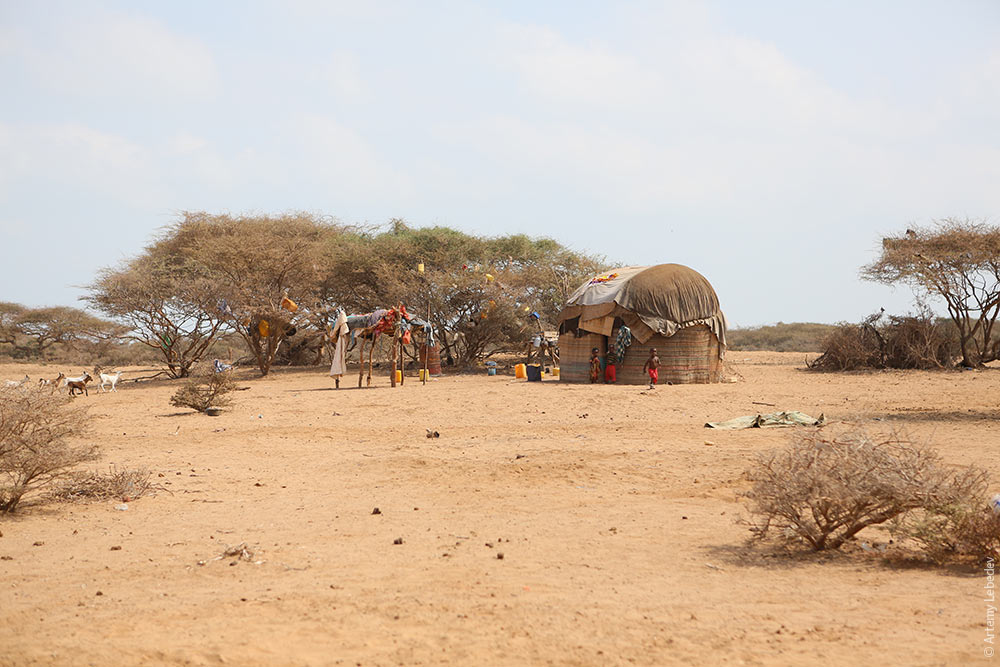 British Somaliland and Italian Somaliland. 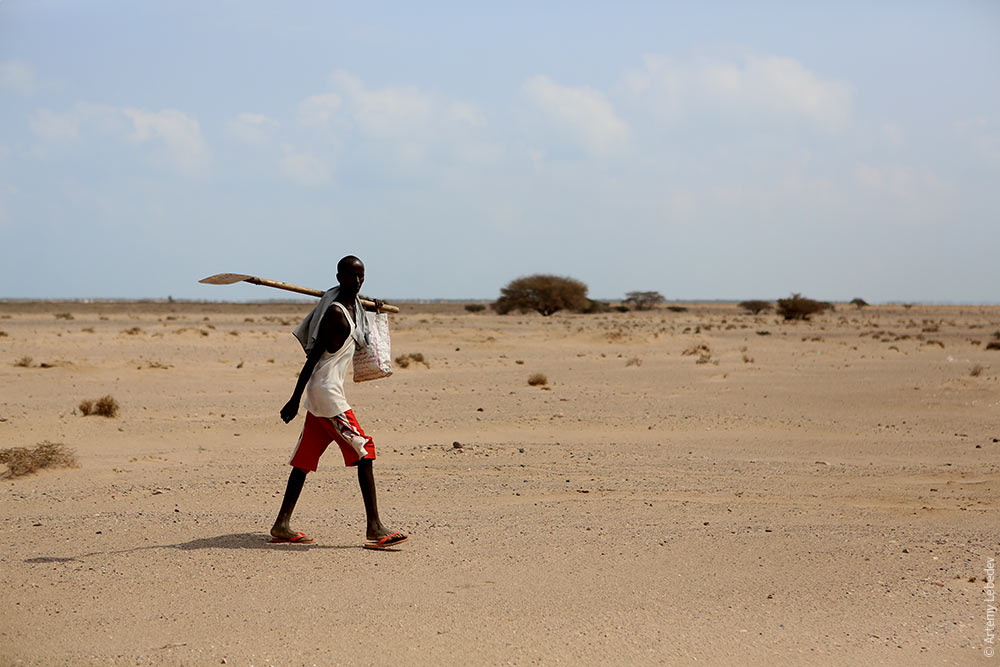 After being granted independence, they decided to unite. 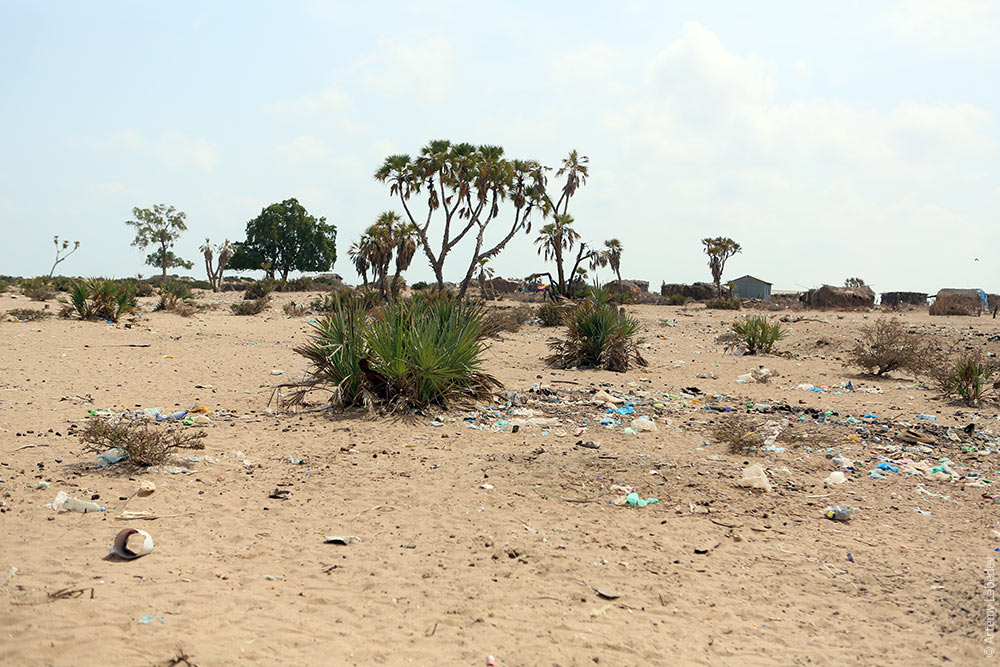 And united. 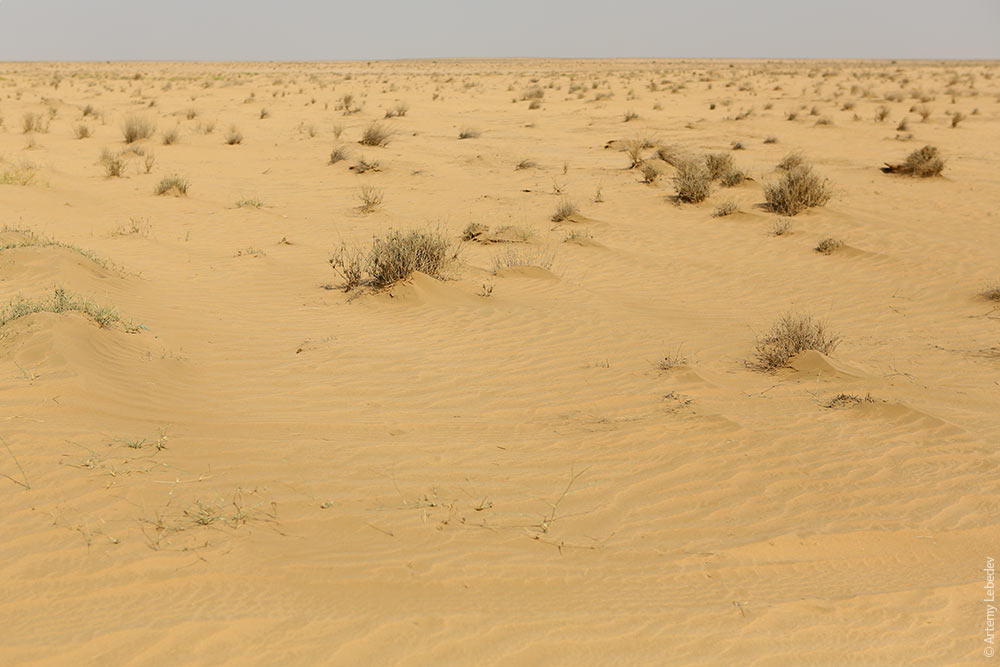 The new country was given the name Somalia. 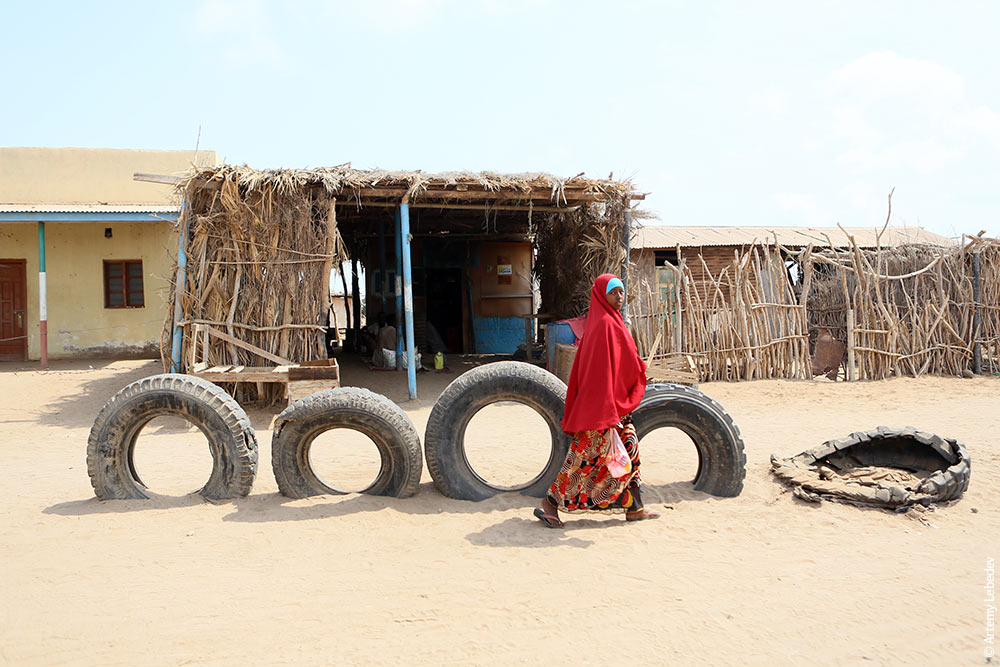 But, as it often happens in Africa, a tyrant came to power and assumed rule of the country for life. 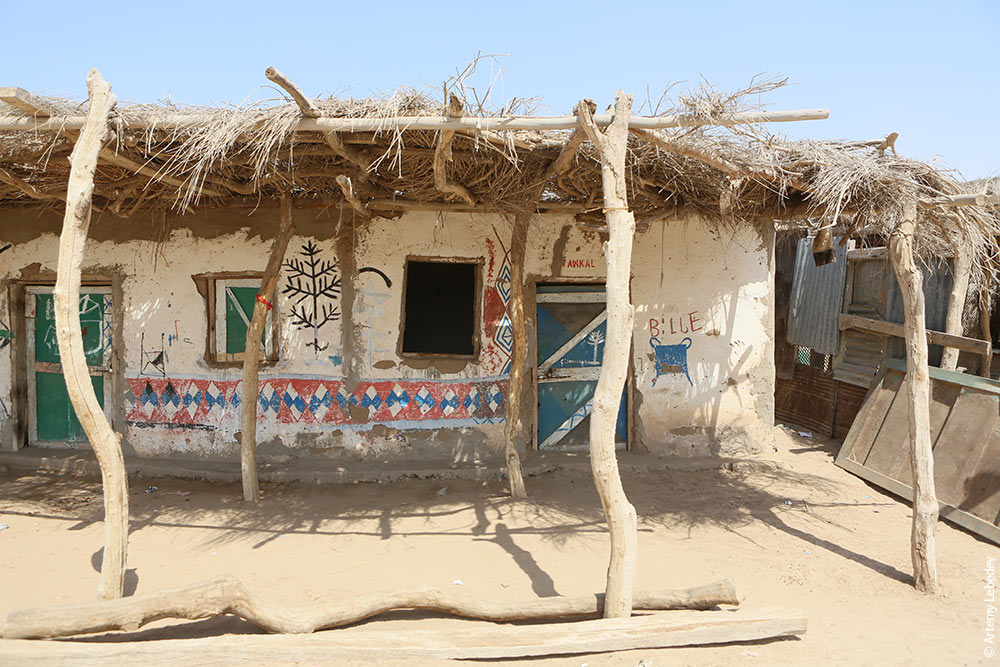 British Somaliland decided to secede. But this was easier said than done. 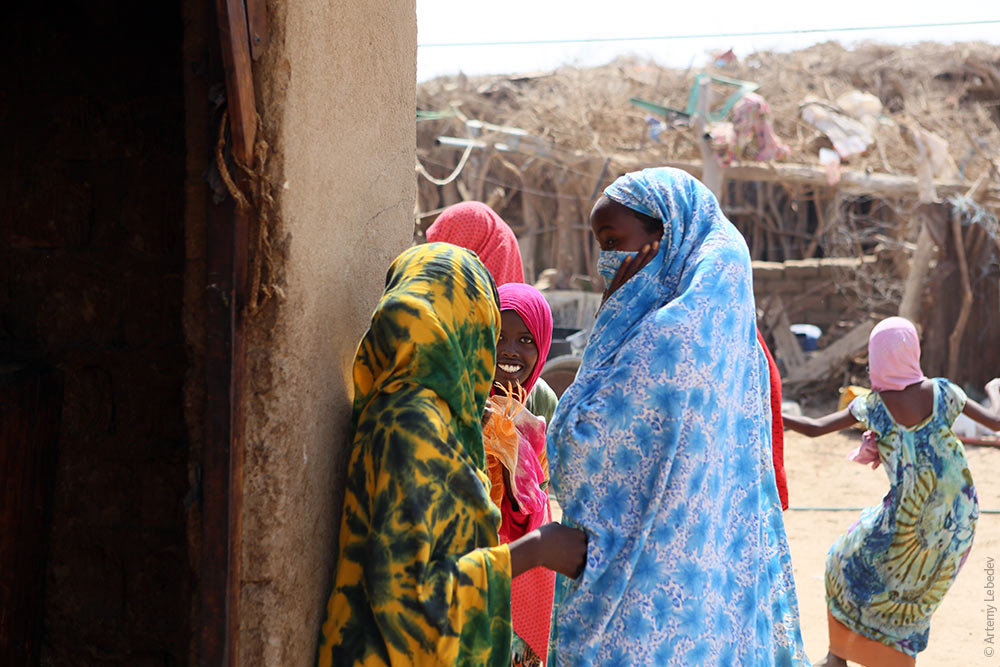 Tyrants don’t let go of their territories so easily. 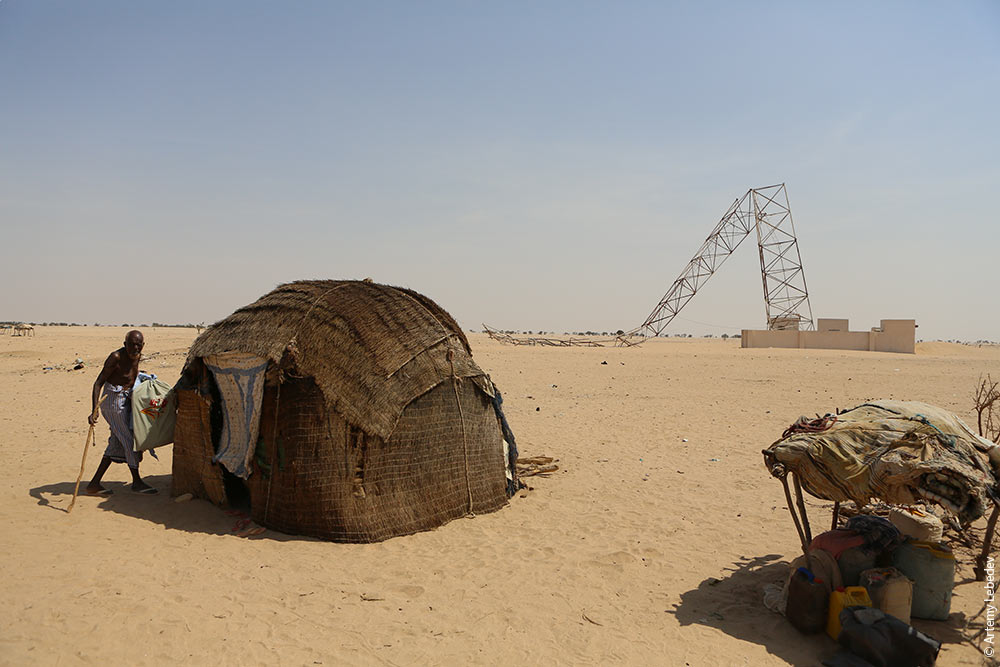 A war broke out. Coming across part of a tank on the street is totally commonplace. 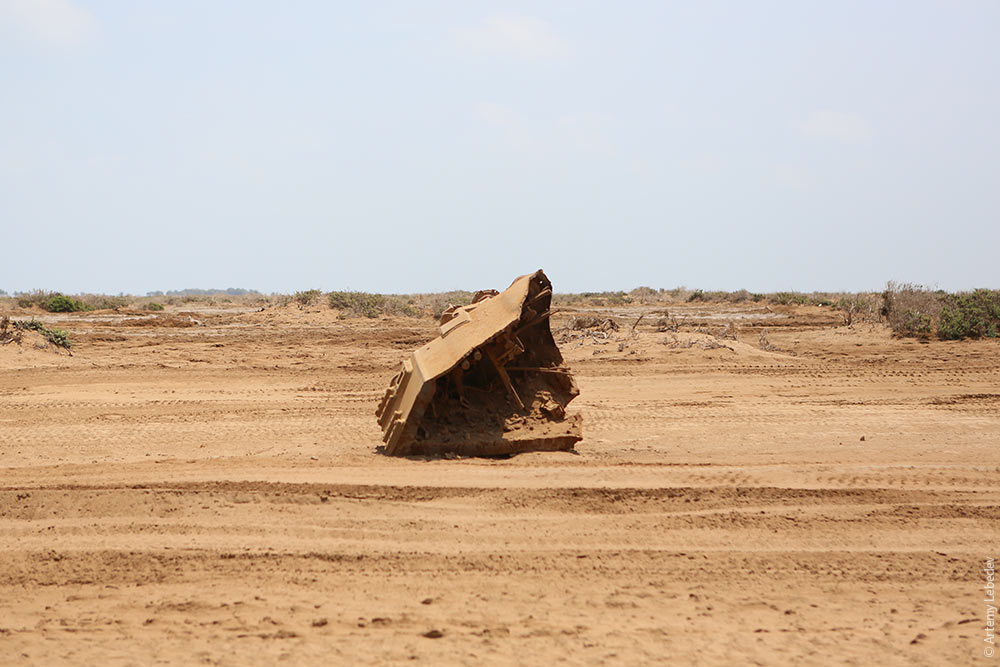 Eventually, the war came to an end, and the former British colony took the name Somaliland. 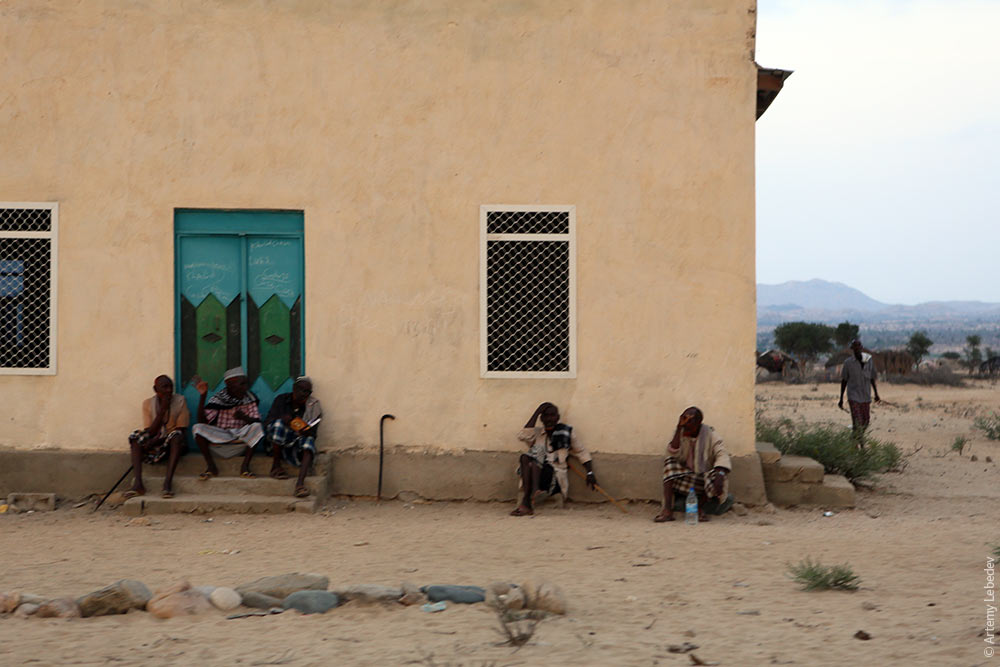 Somalia refused to recognize Somaliland. What’s more, not a single country in the world has recognized it to this day—not even Abkhazia, South Ossetia, or Transnistria. And this is despite the fact that Somaliland has democratic elections, its own currency, healthcare, education, an army, police, social institutions, and all the outward signs of a functional state. Meanwhile, in Somalia, there’s a power vacuum, anarchy, piracy, and civil war—the country is basically going to hell in a handbasket. South Sudan gained independence as a result of its war, yet Somaliland did not. Getting by without international recognition is doable, but difficult. Somalilanders can’t send mail, take part in the Olympics, be members of the UN, establish serious diplomatic relations, and so on. There’s cellular service, planes occasionally fly to and from here, and that’s already something. The country is very poor, but cheerful. 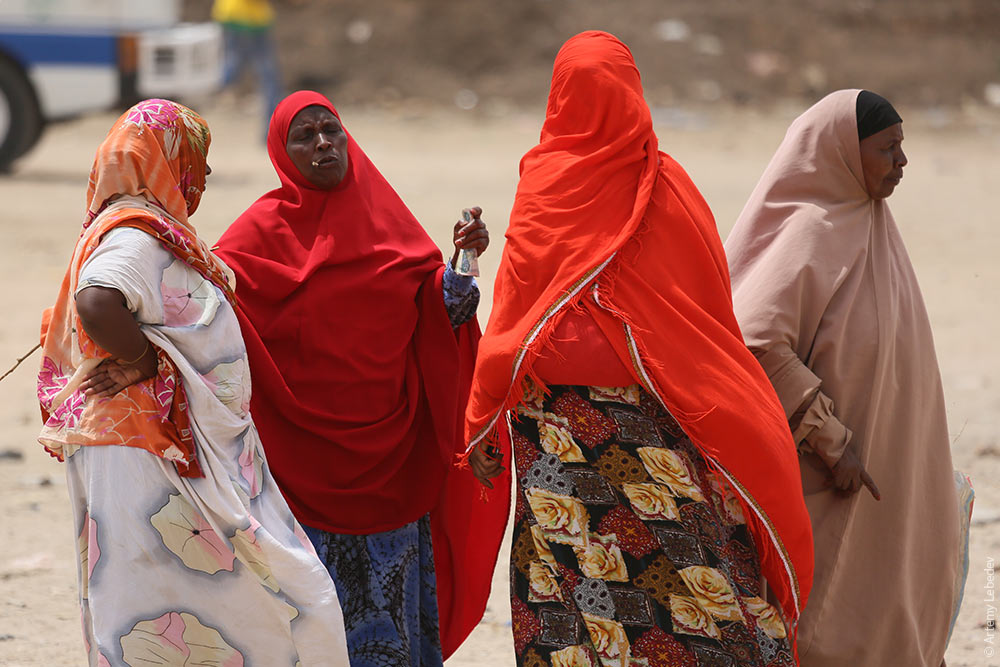 Tourists can’t travel around the country without armed guards. It’s been over a decade since the last time a white tourist was kidnapped here, but you still have to travel with two gunmen at all times. We’re driving through the desert. Camel and goat herders aren’t exactly spoiled with too many water wells. When nomads see a passing car, they rush towards the road with empty bottles and canisters. 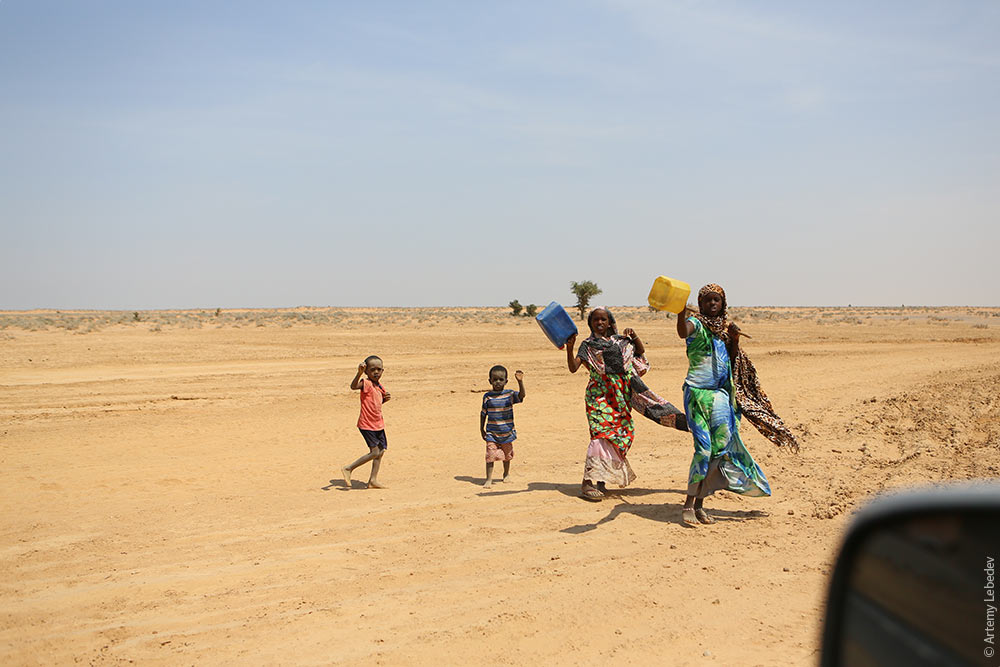 Drivers bring extra water with them to give away. My driver’s a nice guy—he throws bottles of water towards the dehydrated children. 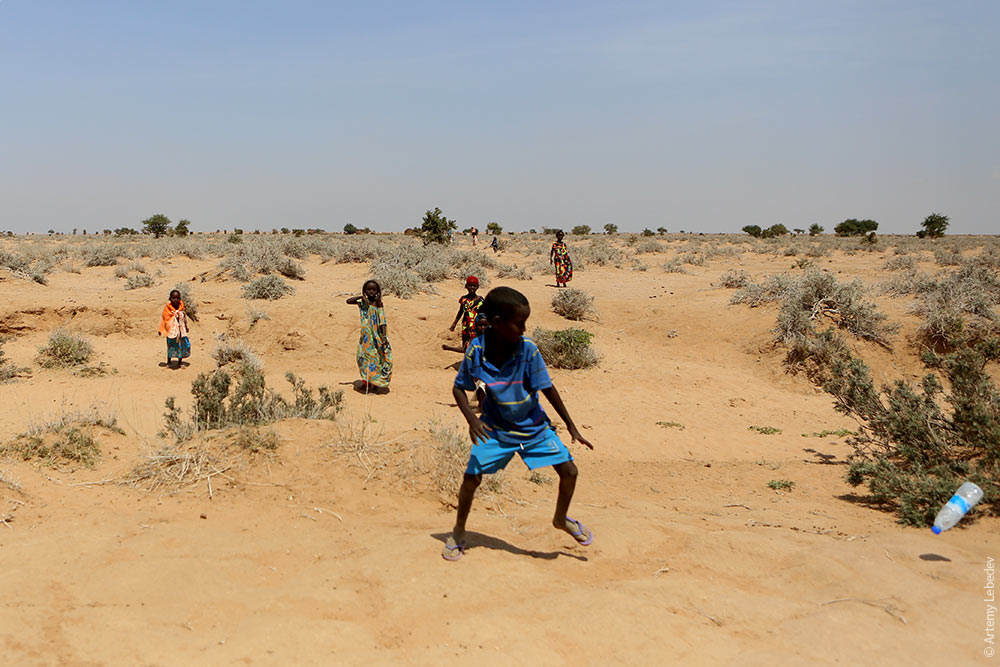 Occasionally, he stops and pours water from his canister into the containers of the thirsty. 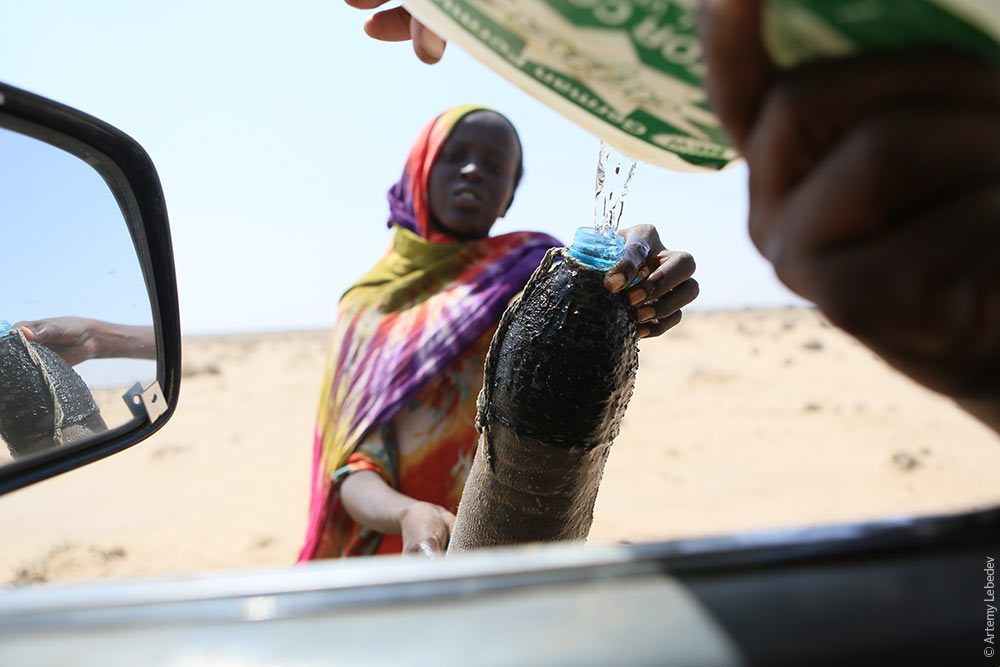 Coal being sold by the roadside. 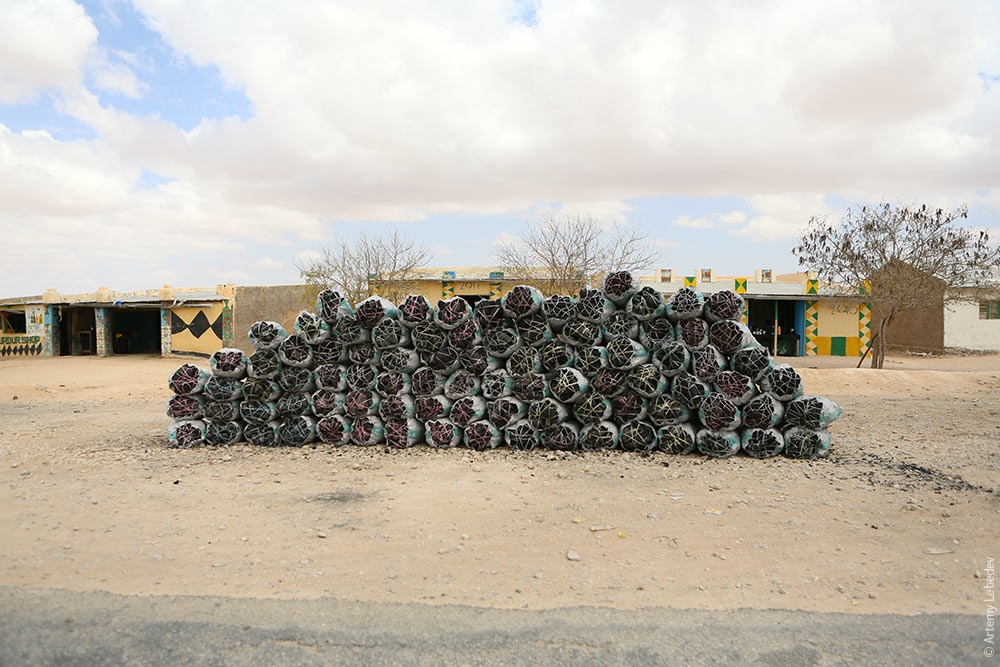 The staple dish is spaghetti with small specks of meat. It’s eaten with the hands from a common plate. People make a pasta ball with their hands and toss it in their mouth. 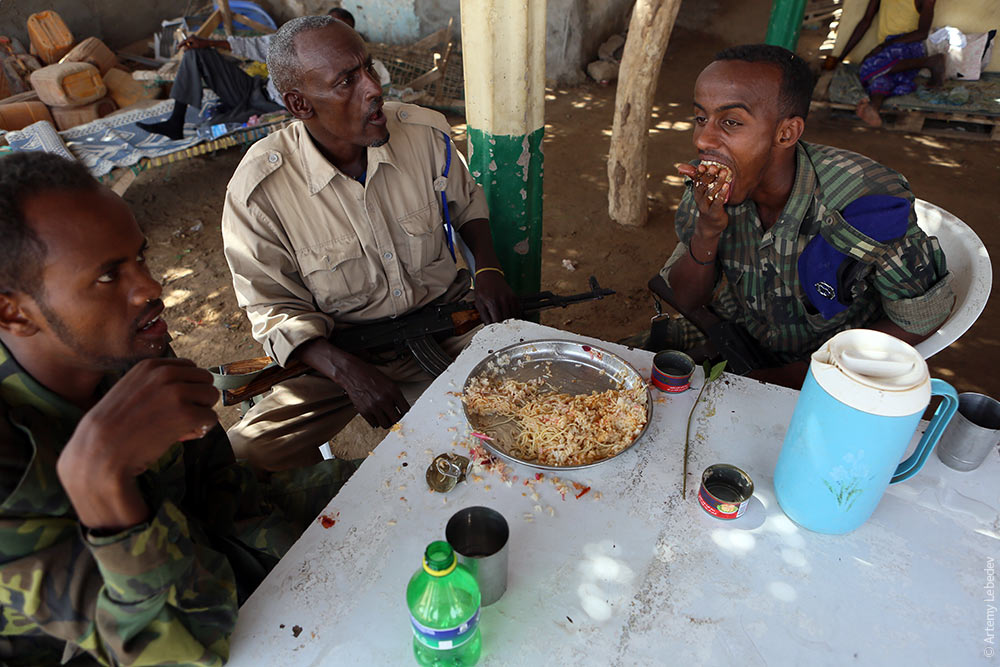 There are no napkins in the country—too expensive. Instead, every café has a basket with cut-up Chinese newspapers, which for some reason are brought here on barges from the UAE. 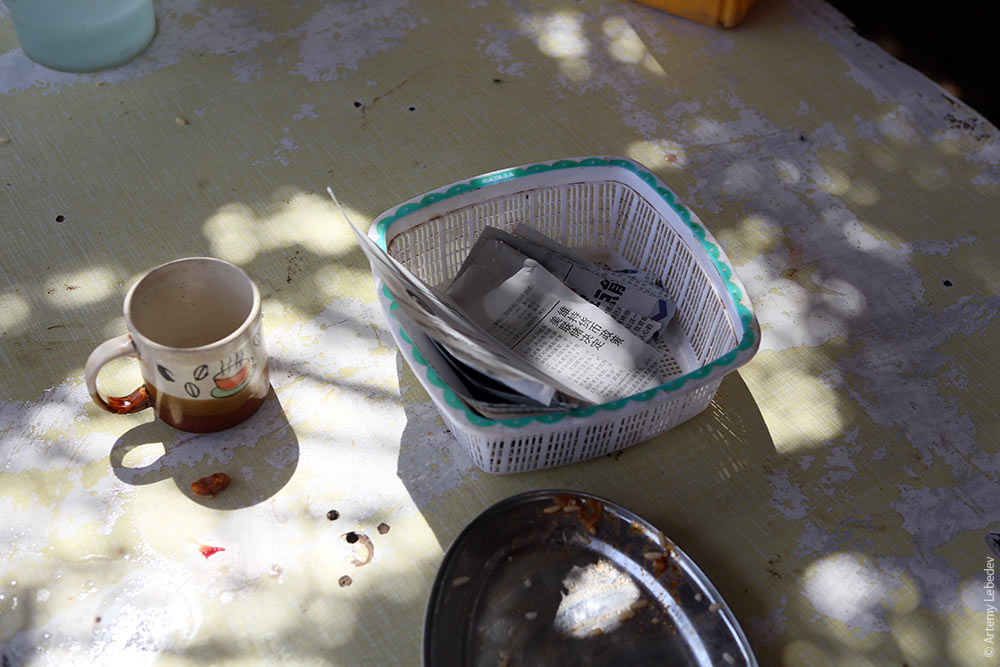 Half the license plates are simply painted by hand. 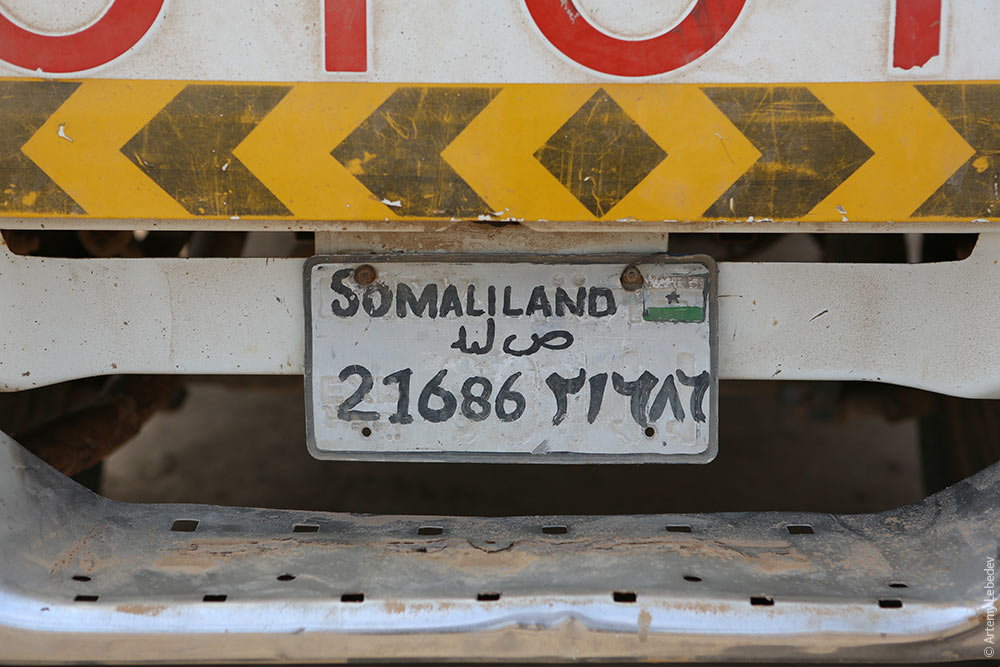 Windshields are always half-covered with some kind of sun-protective film. 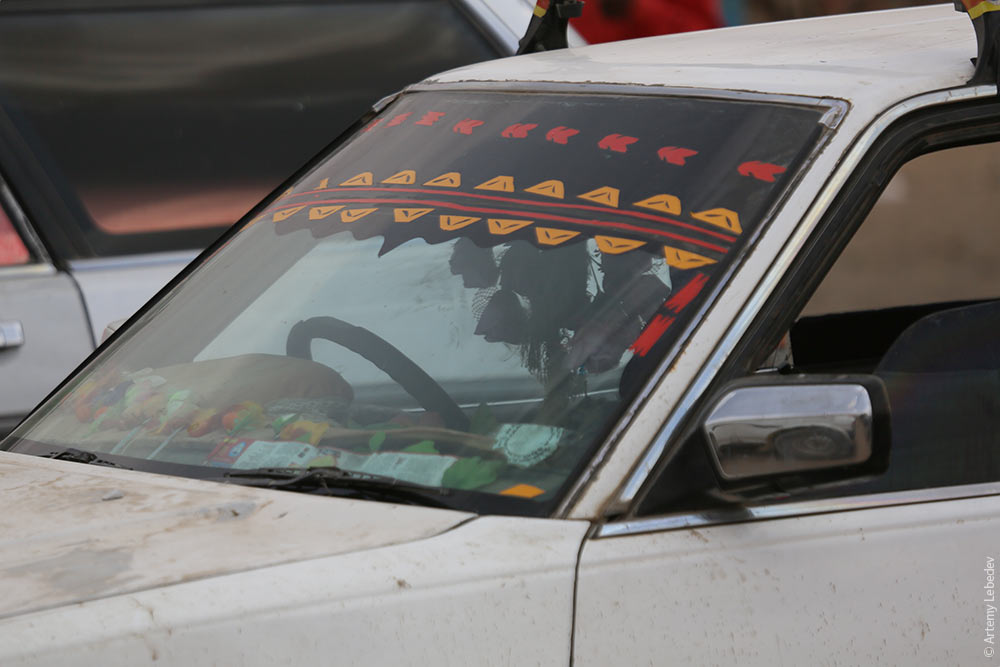 Side windows are always fully tinted, leaving only ornately-shaped clear spaces next to the mirrors (almost like in China). 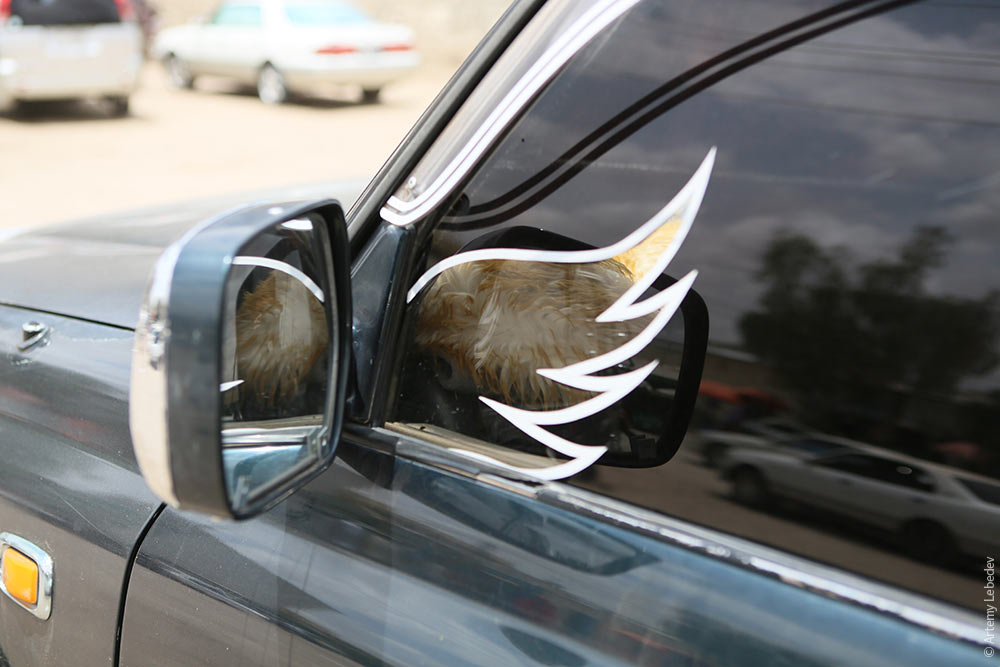 The rear side windows of Jeeps are universally decorated with horizontal metal rods. The functional purpose of this decoration remained unclear. 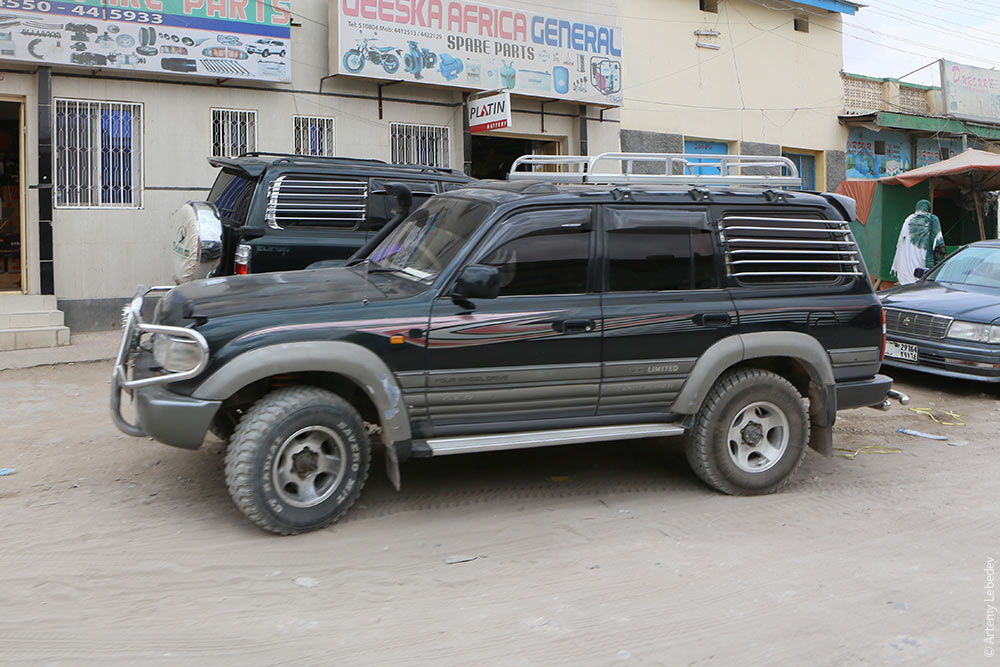 Like in Djibouti, mirrors are decorated with faux-leather covers. People also sew decorative fringes for their windshield wipers. 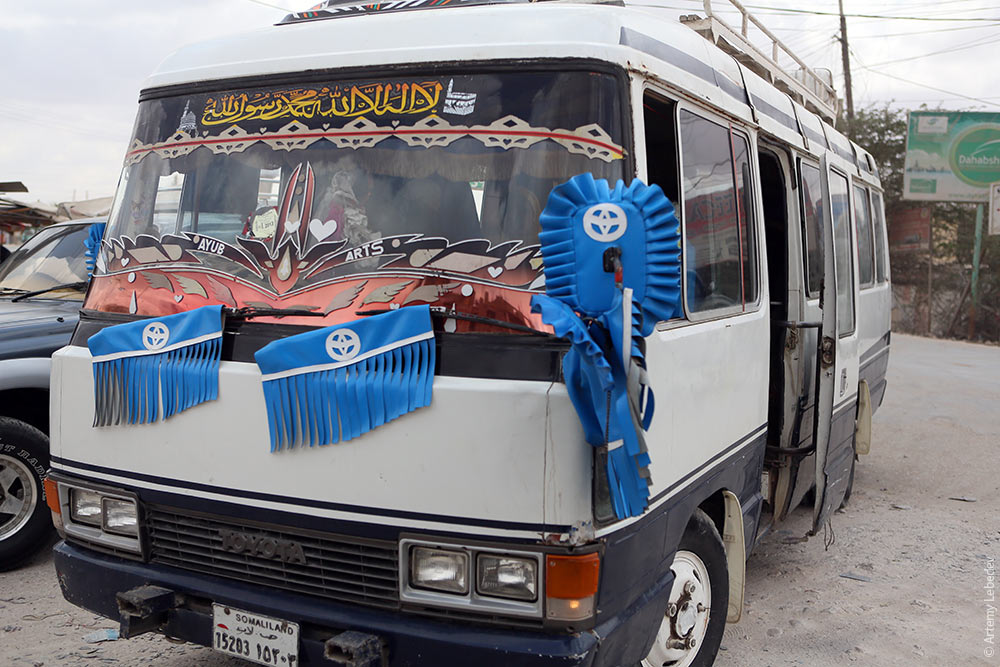 Orange beards are all the rage. 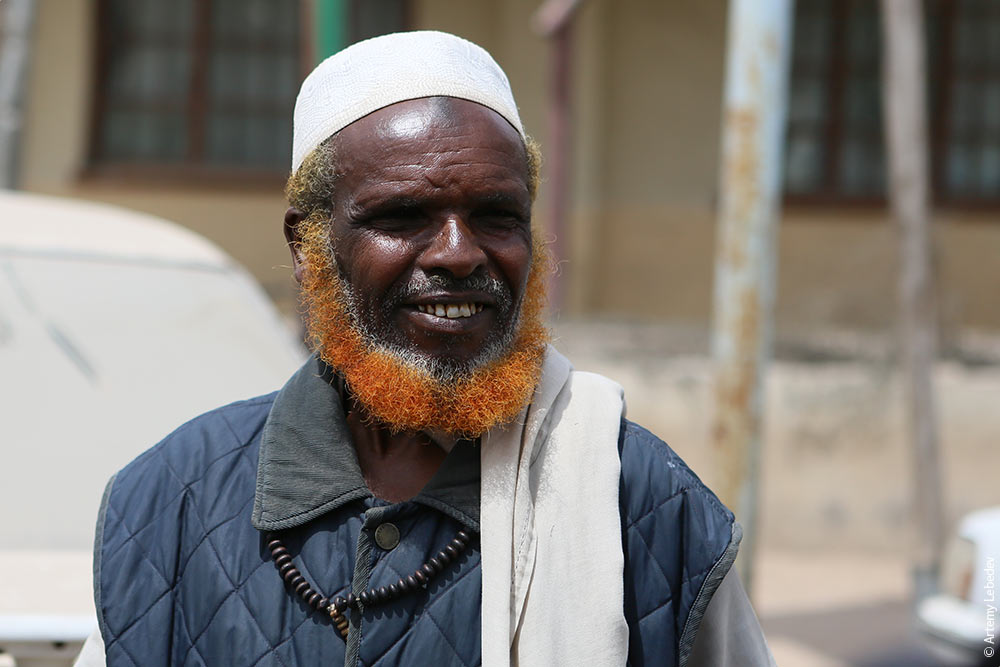 The country is covered with a network of dirt roads, like Mongolia. 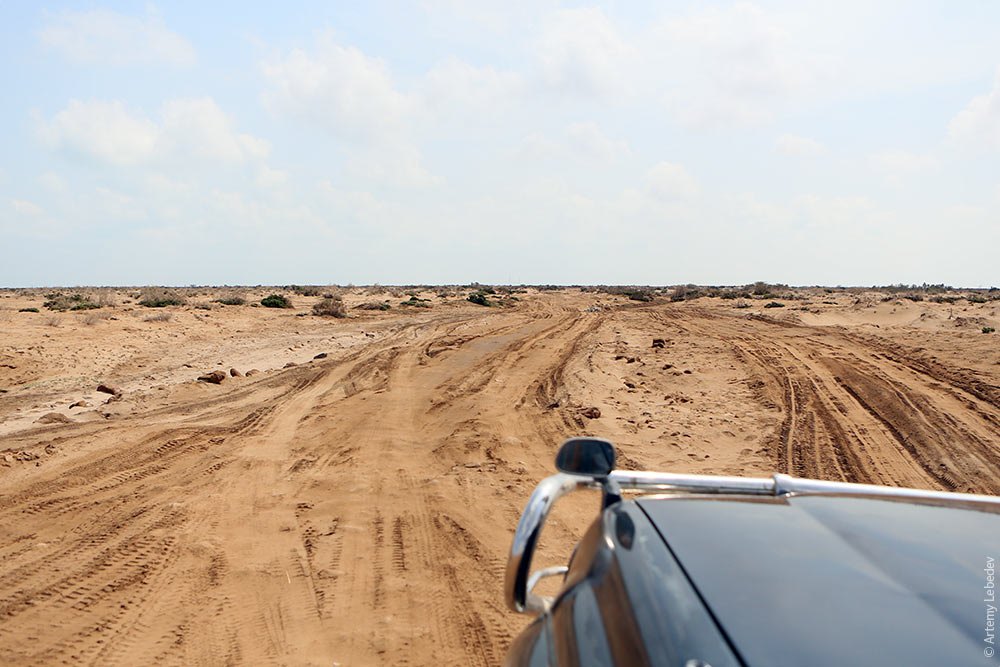 Kiosks selling khat leaves are everywhere. The entire adult population chews khat, it’s a legal drug. 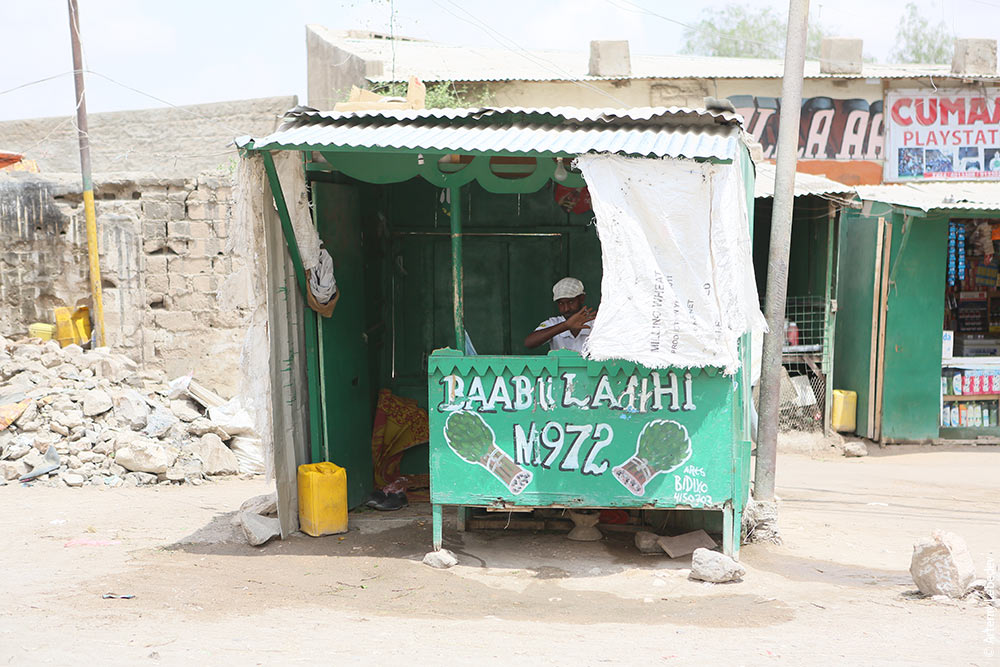 Once cut, khat branches quickly lose their narcotic properties. Delivering the product as quickly as possible, before lunch, is therefore essential. The swiftness of delivery, logistical efficiency, and continuity of tradition are simply exemplary. Trucks from Ethiopia (where the good khat grows) barrel down the roads at 150 km/h, without stopping at checkpoints or taking breaks for food. Every city must be reached in time. Adults chew an entire bunch of khat over the course of a day and get a really nice buzz on by evening. 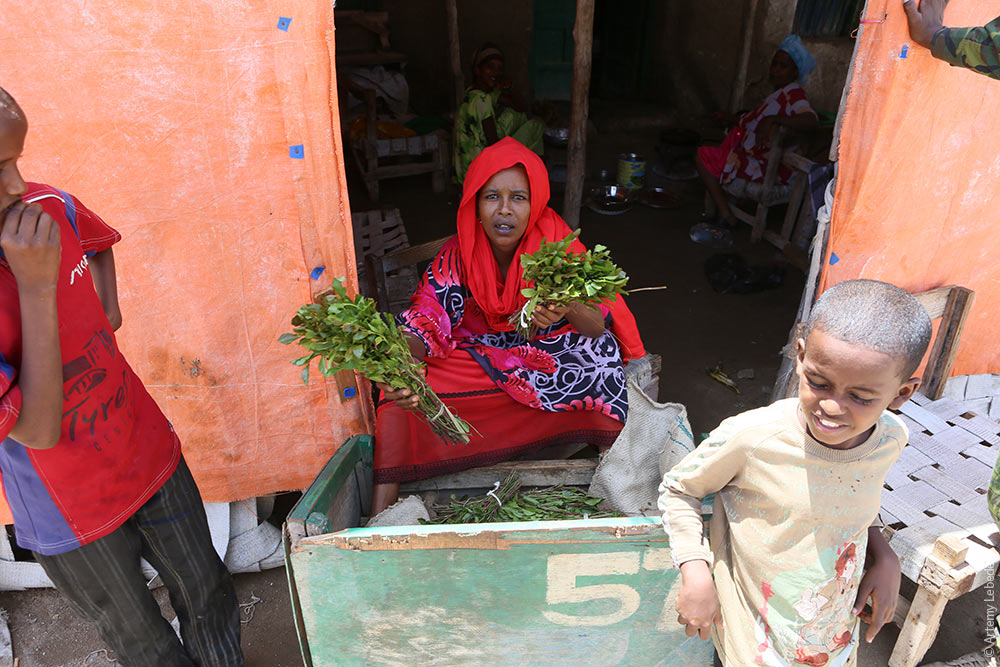 |